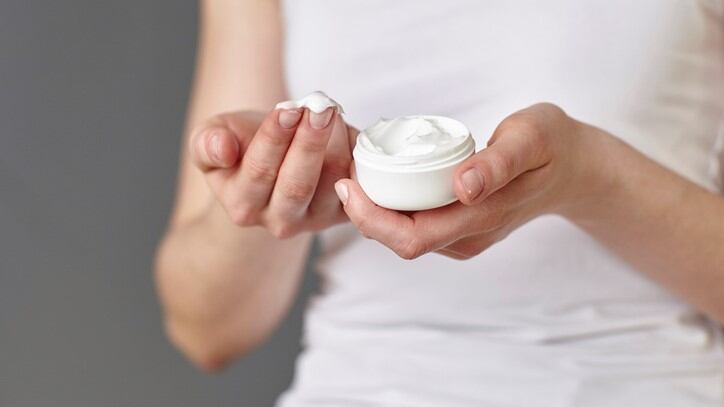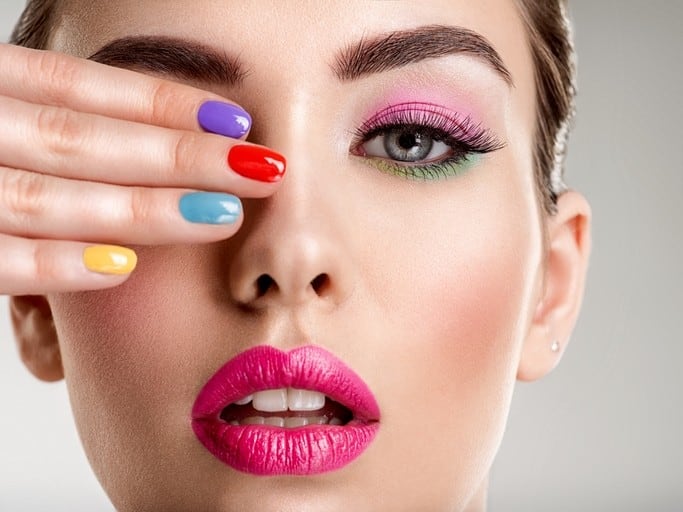A total of 104 whitening products were selected from the market via random sampling technique and purchased between July 2019 and July 2020. There was a mix of leave-on and rinse-off products among them.
The products were collected from various distribution channels in Malaysia, including night market stalls, department stores, pharmacies, as well as e-commerce marketplaces. A majority (65.4%) were acquired from brick-and-mortar stores, while the rest (34.6%) were found online.
The samples were sent to be analysed by an independent accredited laboratory.
Only slightly more than half (51.9%) of the products were found to be registered with the National Pharmaceutical Regulatory Authority (NPRA), while the rest (48.1%) were not.
Overall, 15.4% of the products were found to contain mercury, with the concentration exceeding the maximum limit of 1 ppm. The exceeded concentration recorded ranged between 1.81 ppm to 838,123 ppm.
Among products discovered with high mercury concentrations, 87.5% were not registered with the local regulators. Furthermore, half of them were found to be on NPRA’s list of banned products.
The authors of the study were motivated by the lack of studies on cosmetics safety and mercury contamination in Malaysia, despite the concurrent cancellation of notified cosmetic products by the authorities, many of which fall under the skin whitening category.
“Cosmetics safety had become an alarming issue as cancellation cosmetic products in the market were reported yearly, and few of the products were produced by influential producers, particularly in Malaysia.”
Regular application of mercury, which is a toxic heavy metal, can lead to rashes, skin discolouration and blotching. Furthermore, long-term exposure to high levels of mercury in cosmetic products may cause serious health consequences, including damage to the kidneys and digestive and nervous systems.
“Concern arises when some of their products were found to have presence of harmful substances such as mercury. Even though the presence of mercury in a cosmetic product can either be non-intentional or intentionally used by the manufacturer in the cosmetic formulation, the impact of the ingredient can cause health risk to the users.”
Given the health risks, the researchers called out the industry’s efforts to regulate whitening products, noting that it was easy to obtain adulterated products – especially online – and lobbied for stricter regulations.
“Therefore, collaborative efforts among stakeholders are expected and the regulations related to cosmetic products should be taken seriously since non-registered products can be easily obtained in the market, particularly on the online platforms. It is hoped that this study will be the basis for a broader exploration of cosmetic safety issues in an effort to ensure health and well-being of the consumers.”
Status of cosmetic safety in Malaysia market: Mercury contamination in selected skin whitening products
Source: Journal of Cosmetic Dermatology
Authors: Che Wan Jasimah Wan Mohamed Radzi, Fatin Nur Majdina Nordin
https://doi.org/10.1111/jocd.15429





